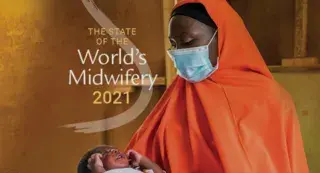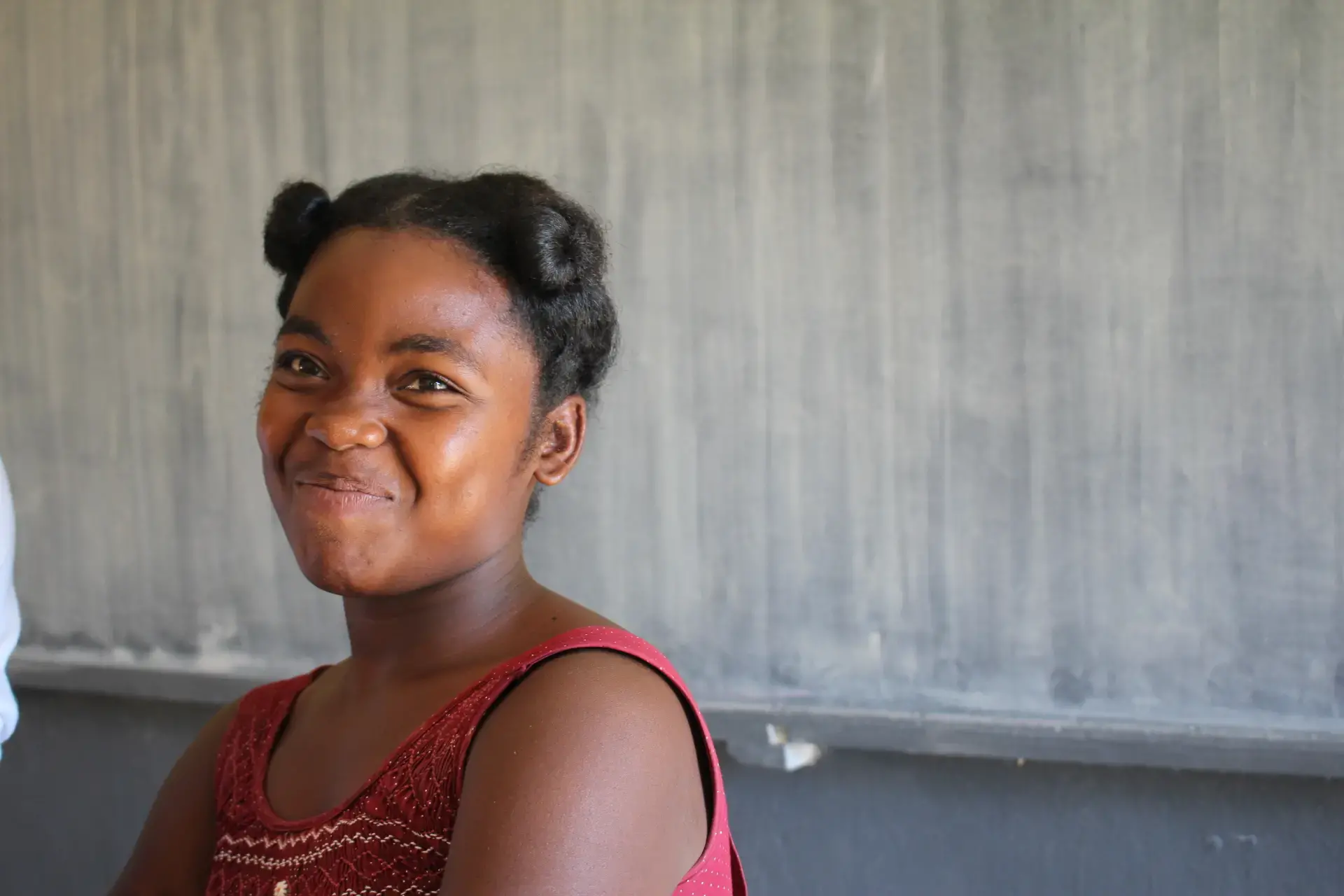"End shame. End to insulation. Let's eliminate the fistula!”
The third national campaign for the elimination of obstetric fistula 2014 was launched on July 12th in the presence of the Prime Minister and Minister of Public Health Roger KOLO and the UNFPA Representative in Madagascar, Mrs. Agathe Lawson. This campaign, which is taking place simultaneously with the CHRR in Manakara and the CHRD in Mananjary from 12 July to 11 August 2014, is part of the Global Campaign for the Elimination of Obstetric Fistula initiated by UNFPA and its partners in 2003 whose goals are to advocate for preventing fistula and caring for women who suffer from it. In Madagascar, this campaign has been carried out since 2011 by the Ministry of Public Health and its partners. At the launch, several women operated last year during the previous campaign took the floor to tell their story and their healing. The Prime Minister took advantage of his presence to discuss a moment with the women expecting surgery at the CHRR in Manakara.
The Ministry of Public Health is organizing this campaign in partnership with UNFPA, the World Food Programme (WFP), the International Society of Fistula Surgeons (ISOFS) and the Fistula Foundation. To conduct this campaign, 04 ISOFS expert surgeons are in Madagascar to strengthen the skills of 13 surgeons and their team and to operate 200 women with obstetric fistula.
The travel and accommodation expenses of the women who will be operated and their accompanying person are totally taken care of during their convalescence at the Hospital. The World Food Programme (WFP) provides specific nutritional support for campaign beneficiaries, as well as a family ration for the household during hospitalisation, representing a total of more than six tons of food.
Obstetric fistula is a disease that affects about two million women and girls in developing countries. It is a bond in the vaginal wall that occurs during a difficult, prolonged delivery and most often without the assistance of a qualified medical staff. Most often, the baby does not survive and the women suffer from chronic incontinence that bans them from their family and community."There will be no development without the population being healthy, women play an indispensable role in development, we must consider them," said the Prime Minister in his speech. The Prime Minister also challenged the medical staff by recognising that health is a difficult area but that it is essential to be attentive to the sick. He also stressed the importance of hospitality. To end obstetric fistula, access to high-quality, equitable sexual and reproductive health services, including family planning and maternity care, especially emergency neonatal obstetric care, must be provided. It is essential to take measures to prevent fistula by addressing the underlying medical and socio-economic causes, eliminating gender-based social and economic inequalities, preventing child marriages and early pregnancies, and promoting education, especially that of girls. In Madagascar, thousands of women and girls suffer from obstetric fistula. Each year, an estimated 5,000 new cases are reported. This disease is a real public health problem accentuated by a human and social tragedy. As women are often rejected by society and sometimes even by their families, these women find it difficult to find their place in society even after they have been cured. "Obstetric fistula highlights the persistence of global inequalities in access to health care and basic human rights," said Ms. Agathe Lawson, UNFPA Representative in Madagascar.
In Madagascar, the campaigns have trained fifteen Malagasy surgeons. Today, ten hospitals, including five public hospitals have the technical capacity to operate obstetric fistula and some surgeons are able to operate cases of complex fistulas.




